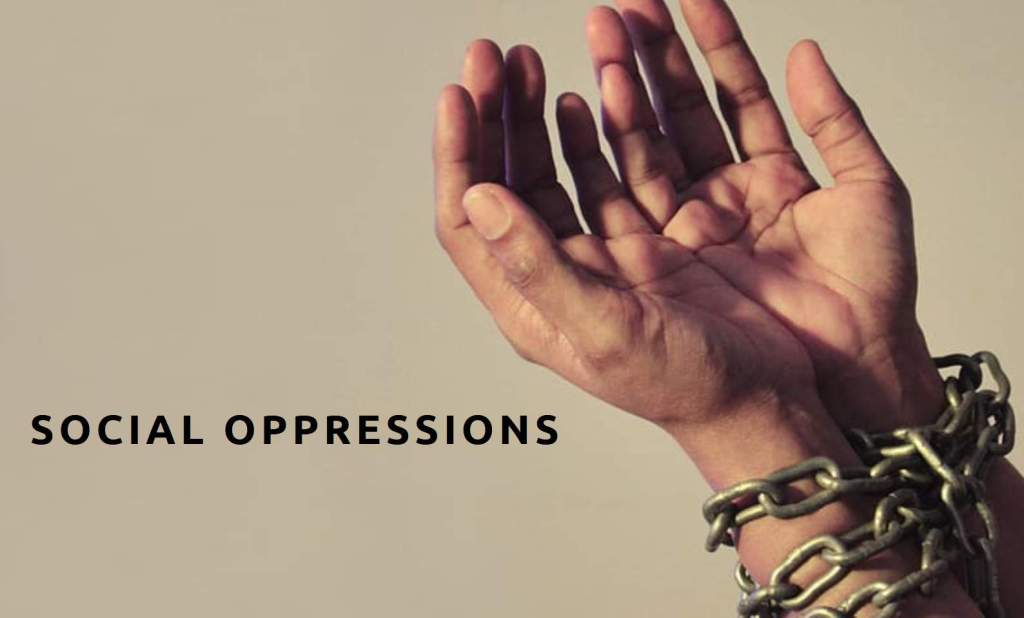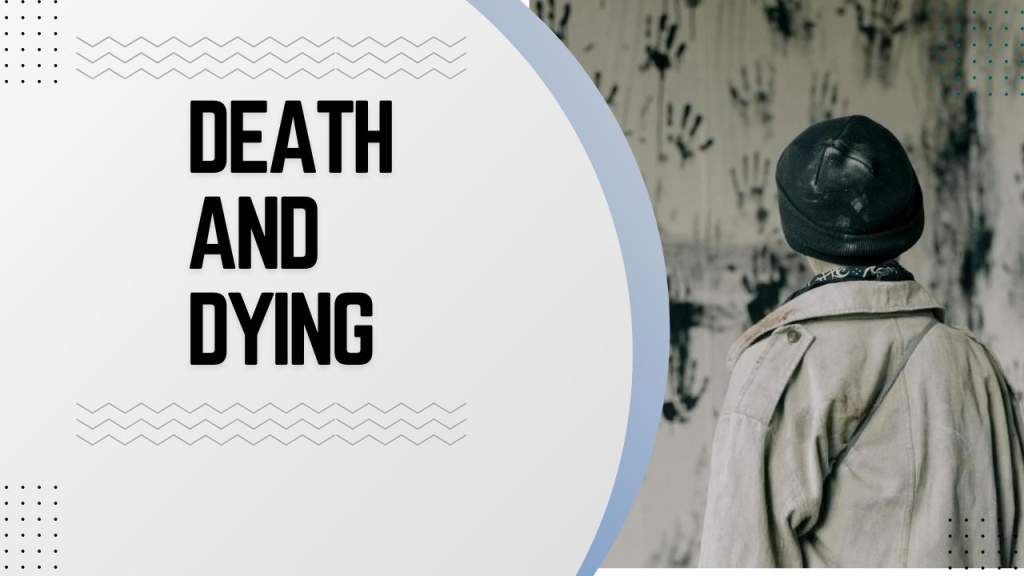Defeating social oppressions, stifling our potential, and caging our spirit is the most difficult task we face. A burdensome, cruel, manipulative, or unjust act is when someone exercises judgment, authority, or power against us. We can’t be ourselves when a parent controls us so much that we can’t be ourselves; when a lover threatens to withhold our love if we don’t do what they say.
When a boss lies and then threatens us against telling the truth; when the culture suffocates us with its dogma despite our desire to follow our own spiritual beliefs. People hold us back when they judge us harshly, criticize us, make demeaning comments, or injure us; or when they impose unreasonable expectations directly or indirectly on us.
A feeling of insignificance, powerlessness, or unworthiness can be defined as an effect of oppression. The absurd informal rules or formal bureaucracies erected by a controlling society restrict people as a result of their background, class, race, ethnicity, sexual preference, age, or appearance. There have been times in our lives when we have been mocked or manipulated into conformity based on our differences.
The situations in which we compromised ourselves for the sake of avoiding conflict are all familiar to us. For the sake of getting along with others, we sacrificed some of our integrity. School or the workplace became a place where we acted like “them.”. It became second nature for us to pretend, put on a smile, and go along with what was expected. Our best efforts were made to avoid their judgment and the silence of ostracism.
A feeling of belonging, security, and acceptance were our top priorities. When the ways of others diminish who we are or prevent us from pursuing our own goals, social oppression has taken place. Our most highly adaptive individuals are often the least aware of this process, and often they are the least successful and authentic socially. They have adapted into predictable characters and lost their spontaneity and authenticity along the way.

Their individuality has been forfeited; they have become caricatures of collective preference; they no longer recognize themselves in the mirror. As freethinkers, we must always resist the urge to conform in order to avoid such a fate. Despite this, conformity is one of the greatest enemies of personal freedom because it gives people a sense of security. Society provides order to individuals through its structures and rewards. We rarely find deep meaning in job titles, raises, titles such as “Mr.” and “Mrs.,” advisory board positions, or public acclaim.
In fact, they can help us feel more confident about our direction. Observing what others are doing can give us signals that we are on the right track and that we will likely be accepted if we follow in their footsteps. How would we feel if we chase all that and believe in all that, only to realize one day that it’s not what matters most? We invite real risk into our lives by asking a question like this, by rattling the cage of conformity.
Animals who escape from cages find themselves alone, unsure of what to do, separated from their familiar lives. It is paralyzing to be faced with sudden uncertainty. Our lives would be more fulfilling if we had total freedom to do what we wanted, go wherever we wanted, and behave how we wanted.
It can be frightening to answer these questions. Vulnerability and loneliness are also risks associated with this uncertainty. The cage limits us, but makes us feel secure even though it limits us. This makes us vulnerable. It is no longer considered a part of the cage by those who are still trapped inside. Whenever we refuse others’ expectations, we may experience our greatest fears-that we will be abandoned or isolated, deemed inferior, or unworthy of love.
It is also risky to confine yourself to other people’s rules. We can also be driven away from our true selves if we chase after the objects society tells us we should want. Are there many artists who have given up their art because they were told that they could not make money through their art?
Are you one of those talented people who shirk their strengths in order to fit into a more needed but less fulfilling position? What percentage of people have given up on their dreams in order to follow a more lucrative, secure, and socially acceptable path? Unless we are vigilant, we can become the aims of others (parents, teachers, spouses, fans). The certitude of their belief can replace our desire to learn something new. Our search for our individual meaning can be subjugated by their collective meaning. Let’s be cautious, yes.
It is easy for us to lose ourselves in our culture and in others. By becoming slaves to opinions, we cease to be free and genuine humans. Being forced to live a life that isn’t our own is the ultimate misery. We must therefore make a difficult choice between the comfort of fitting in and pleasing others and our higher motive for personal freedom.
Choosing this path becomes easier when we reach a level of maturity and enlightenment that allows us to see that we are individual but not entirely apart from our culture and those we love; that independence does not obviate interdependence; and that individuality does not require us to be outcasts socially or spiritually.
Our ability to connect and contribute to the world increases as we become more true to ourselves. As we become more free and spontaneous, the more alive and motivated we become, and the more others want to be around us, the more motivated we become.







